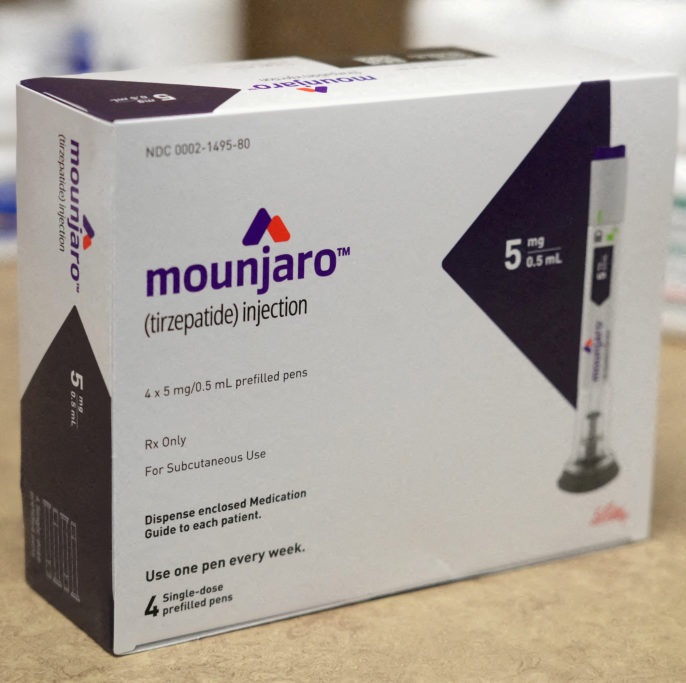Mounjaro, a novel medication designed for the management of type 2 diabetes, has garnered considerable attention for its efficacy in regulating blood sugar levels. As with any new treatment, many individuals embarking on this journey of health management have questions about lifestyle choices, particularly those regarding alcohol consumption. One of the most common queries among users of Mounjaro is, “Can you drink wine on Mounjaro?” This inquiry is not merely about the effects of mixing a therapeutic agent with an alcoholic beverage, but also delves into personal choices, social situations, and overall wellness.
To navigate this inquiry effectively, it’s essential to examine several dimensions: the pharmacological profile of Mounjaro, the biological impacts of alcohol, and the broader context of health management among those with diabetes. Let’s unpack these themes step-by-step.
Mounjaro, known scientifically as tirzepatide, operates by mimicking the actions of GLP-1 (glucagon-like peptide-1) and GIP (gastric inhibitory polypeptide), hormones that are instrumental in insulin regulation. This dual action allows Mounjaro to promote insulin secretion in response to elevated blood sugar levels, while simultaneously reducing appetite – an advantageous combination for those managing diabetes. Understanding this mechanism is pivotal, for it frames the backdrop against which questions of alcohol consumption arise.
When wine is introduced into the equation, it’s vital to consider its effects not just on the body, but also on metabolic processes. Wine, particularly red wine, has been lauded for its potential health benefits when consumed in moderation. It contains antioxidants like resveratrol, which may contribute to heart health. However, alcohol’s complexity must not be overlooked—its consumption can lead to hypoglycemia if taken in excessive amounts, especially without food. This risk is further compounded for individuals on diabetes medications like Mounjaro, which already have the potential to lower blood sugar levels.
This tension brings us to a salient point: moderation. The definition of moderation may vary significantly from person to person, especially in the context of meditative practices surrounding health. For some, a glass of wine during a convivial dinner is a celebration of life, while for others, it could spell danger, particularly if they are unsure of how their body will react to both Mounjaro and alcohol. The intertwining of personal history, health condition, and social norms creates a tapestry of considerations that are unique to each individual.
Furthermore, one must account for the broader narrative of diabetes management. Individuals with diabetes often experience dietary restrictions that can lead to feelings of deprivation. The desire to partake in social customs, such as enjoying a glass of wine, can evoke a deep sense of conflict. The allure of wine, with its rich flavors and cultural significance, stands in stark contrast to the sometimes rigid confines of dietary management. This dynamic unveils a fascinating complexity: many people find themselves engaging in a psychological struggle that transcends mere dietary choices and touches on issues of identity and lifestyle.
Engaging in conversations around alcohol consumption while on Mounjaro can also foster a sense of community. Online forums and support groups frequently serve as platforms for sharing experiences, insights, and advice. This communal aspect introduces a social dimension to the discussion about wine and Mounjaro. It’s through these shared experiences that individuals can find affirmation—discovering that they are not alone in their dilemmas and desires creates a supportive space where questions can be posed and answered together.
Moreover, incorporating the perspective of healthcare professionals can illuminate this topic further. Many healthcare providers advocate for balance and informed choices when it comes to lifestyle modifications. This doesn’t mean that one is required to avoid wine altogether, but rather that a harmonious relationship with both Mounjaro and alcohol can be cultivated through careful consideration. Regular monitoring of blood sugar levels can help mitigate risks, allowing individuals to celebrate special occasions with a glass of wine while remaining cognizant of their health.
In conclusion, the decision to drink wine while on Mounjaro is unequivocally nuanced. It hinges on various factors including individual health status, understanding of the medication’s effects, and a commitment to managing diabetes holistically. The conversation surrounding alcohol and diabetes is less about black-and-white rules and more about the spectrum of choice. Educated decisions, rooted in an understanding of one’s own body and lifestyle, empower individuals to navigate these waters with confidence.
Ultimately, it is essential for individuals to engage in open dialogues with healthcare providers to unpack concerns, assess risks, and establish personal guidelines. A reflective approach enables individuals to enjoy life’s pleasures, like a good glass of wine, while simultaneously honoring the commitments they’ve made to their health journey. This intricate dance of balance, moderation, and awareness underscores the complexities of our health choices but also highlights the importance of pleasure in our lives. Through thoughtful consideration, it is undoubtedly possible to forge a path that embraces both wellness and enjoyment.
